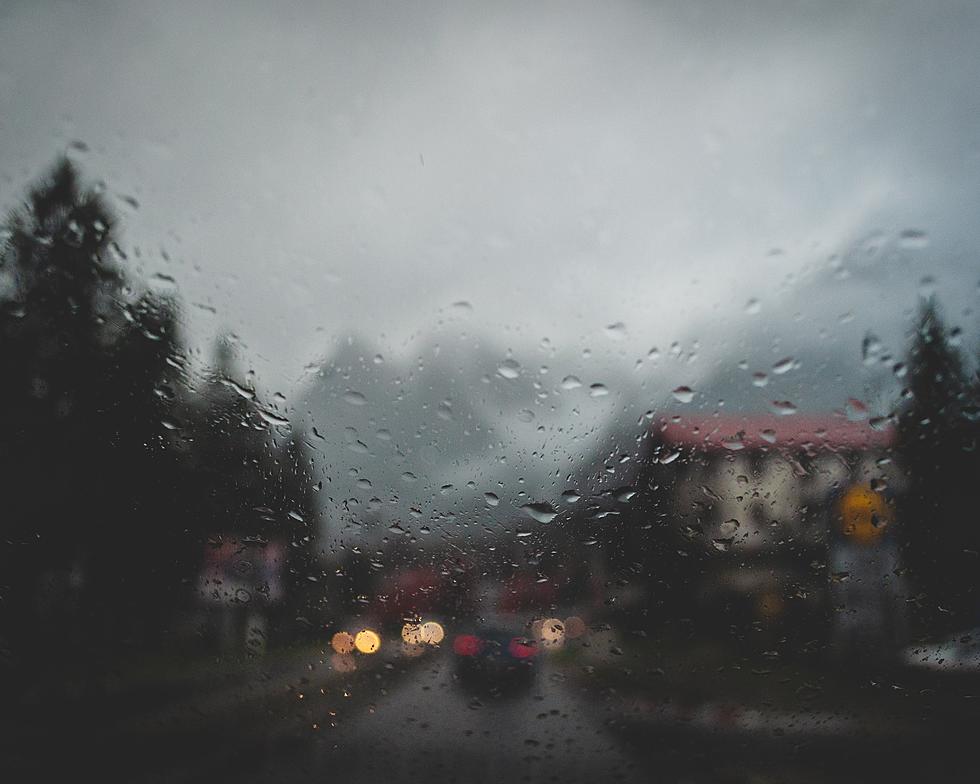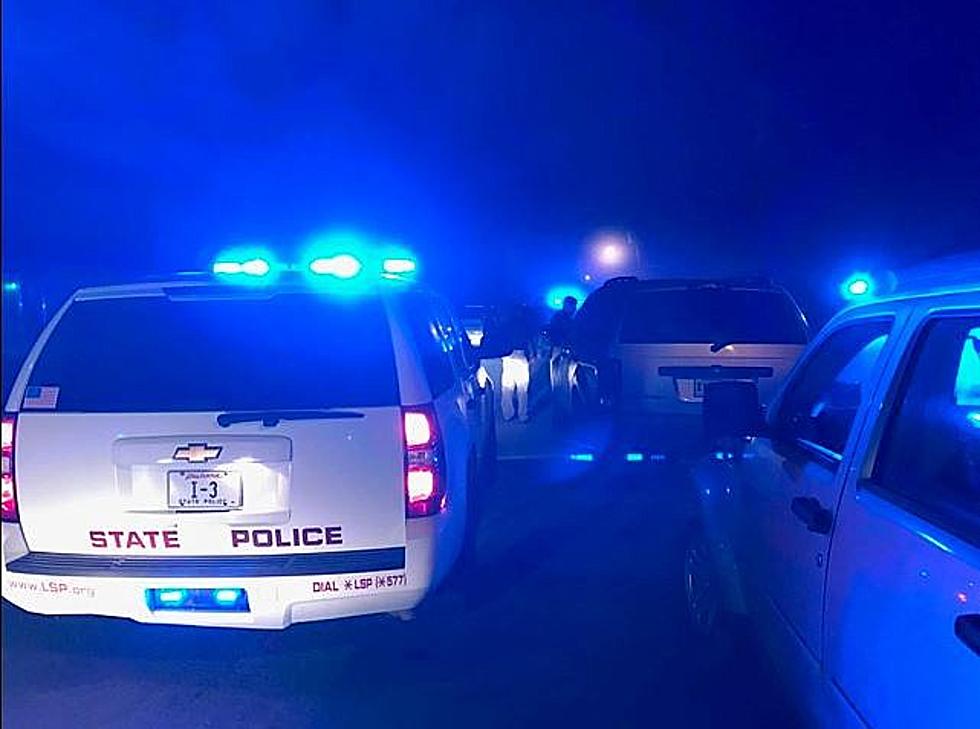
Drowsy Driving Is A Concern For Holiday Travelers
As you make your way down the highway to visit friends and family this holiday season impaired drivers won't be your only concern. It's not a new epidemic, it's just not as widely reported as the other driving issues are. The problem is drowsy driving. I've done it and I bet you have too.
According to the American Automobile Association, drivers who get five to six hours of sleep before leaving on an extended road trip double their chances of getting into an accident. I am pretty sure a lot of us fall into that category.
Let's suppose you only get four hours of sleep or less before climbing behind the wheel. According to Triple-A your chances of being involved in a crash are 11 times more likely.
If there suddenly comes a braking need, you’re really slow to react. It’s almost like you are impaired as if you were having a couple of cocktails.
That's a very sobering comment from Donald Redmon, a spokesman for Triple-A.
Redmon went on to explain to the Louisiana Radio Network that the most likely time to encounter a drowsy driver is between 2 AM and 5 AM. However, studies show that if you move the clock ahead twelve hours there is still reason to be concerned.
Twelve hours later in that period between 2 in the afternoon and 5 in the evening, almost an equal number of people are falling asleep behind the wheel.
Nearly one-third of drivers say they have driven while tired over the past year. That means that out of every three cars that you see in your travels, at least on of the drivers of those vehicles is not in optimum condition to be behind the wheel. Of course, that tired driver could be you too.
Redmon offers some great advice on how to overcome drowsy driving.
Every hundred miles, every 2 hours, get out of your vehicle and move around. Obviously the best thing to avoid falling asleep behind the wheel is to get more sleep.
Wherever your travels take you remember you can always dial *LSP on your mobile phone to report any erratic driver. This number (*577) connects you to the nearest State Police dispatch station. They will forward your information to the appropriate agency and send a patrol unit to the area to hopefully remove that driver from the roadway.
More From 97.3 The Dawg









